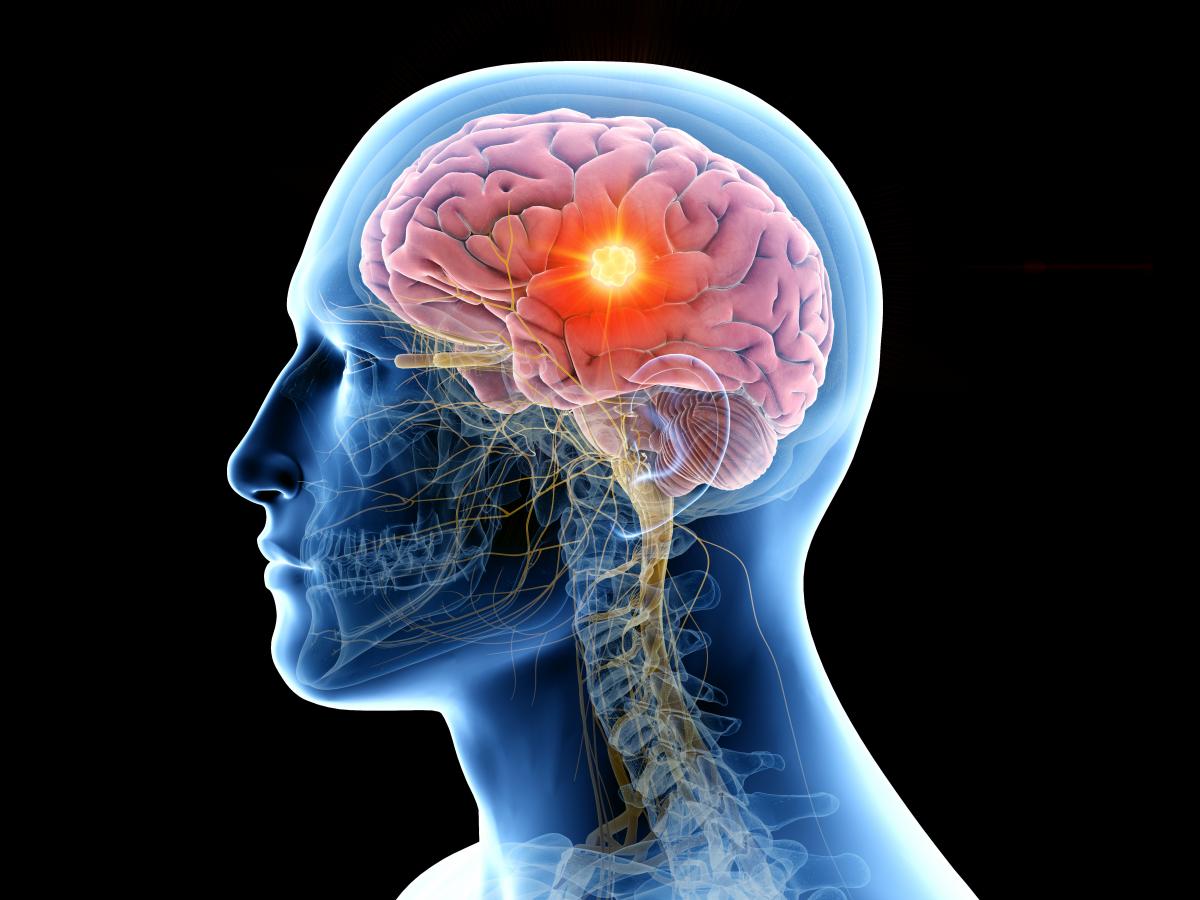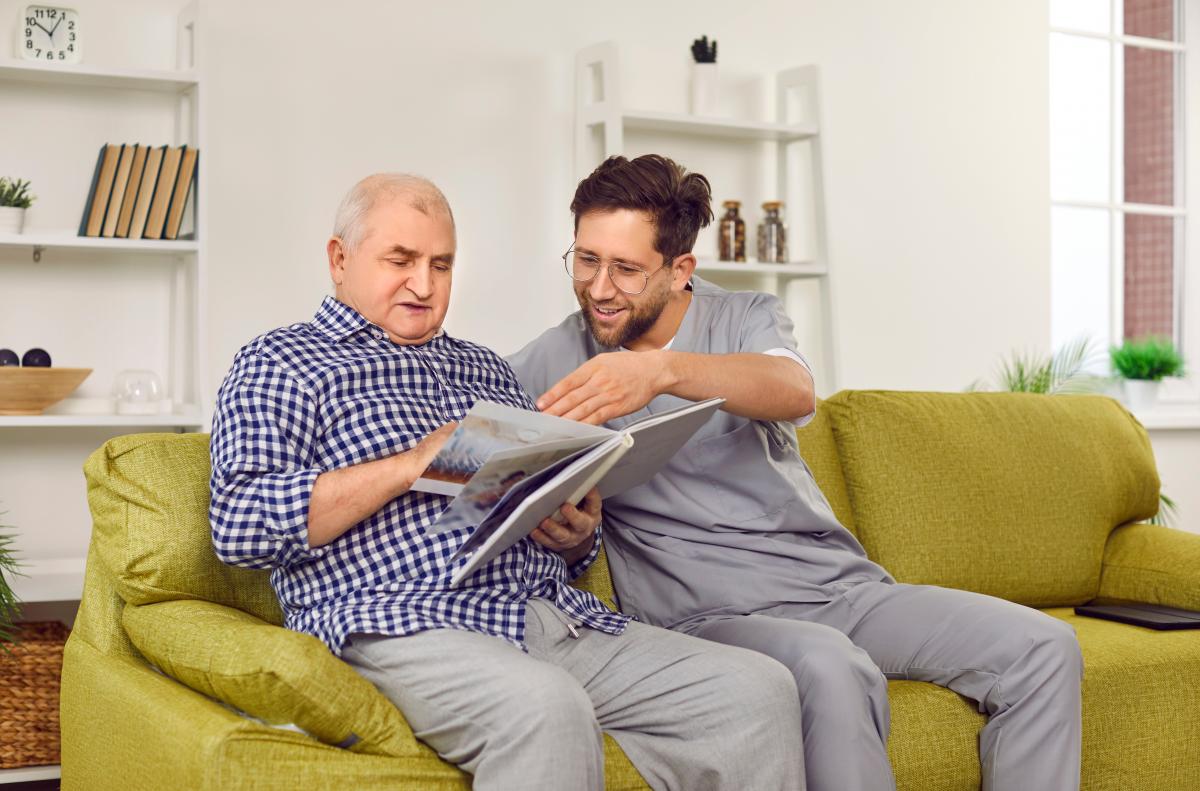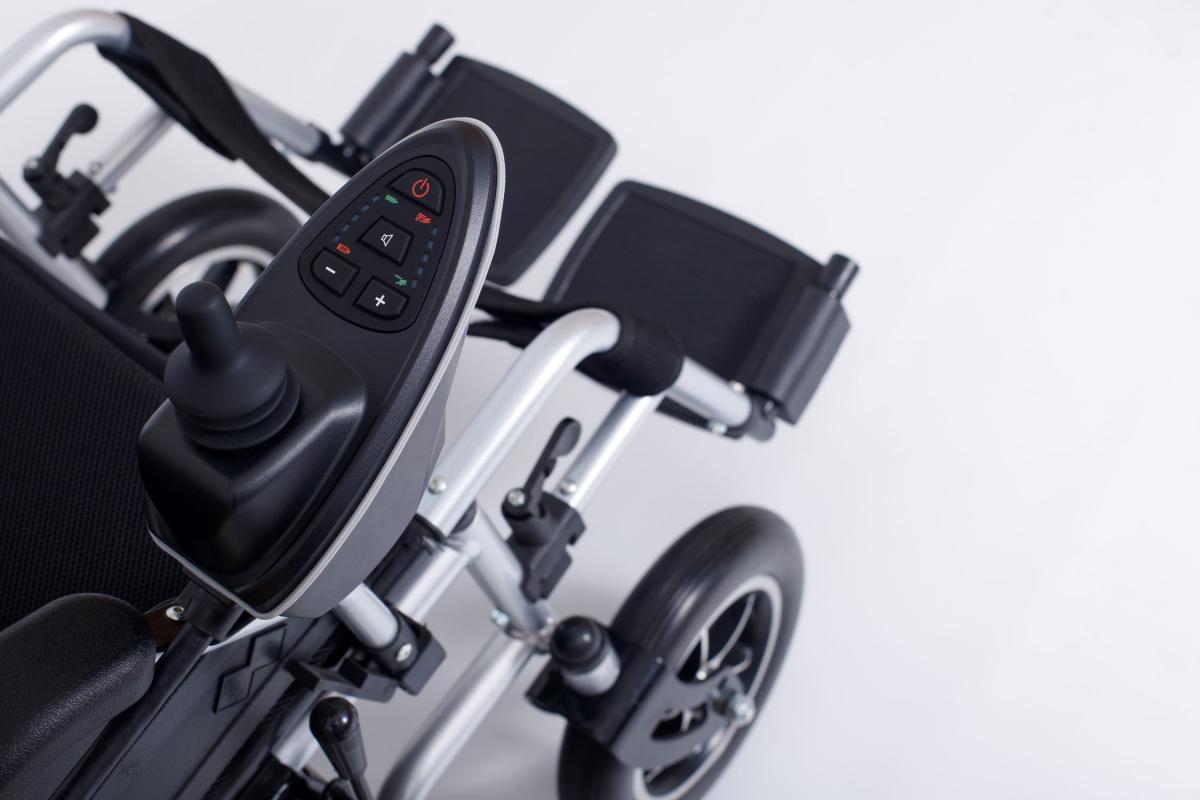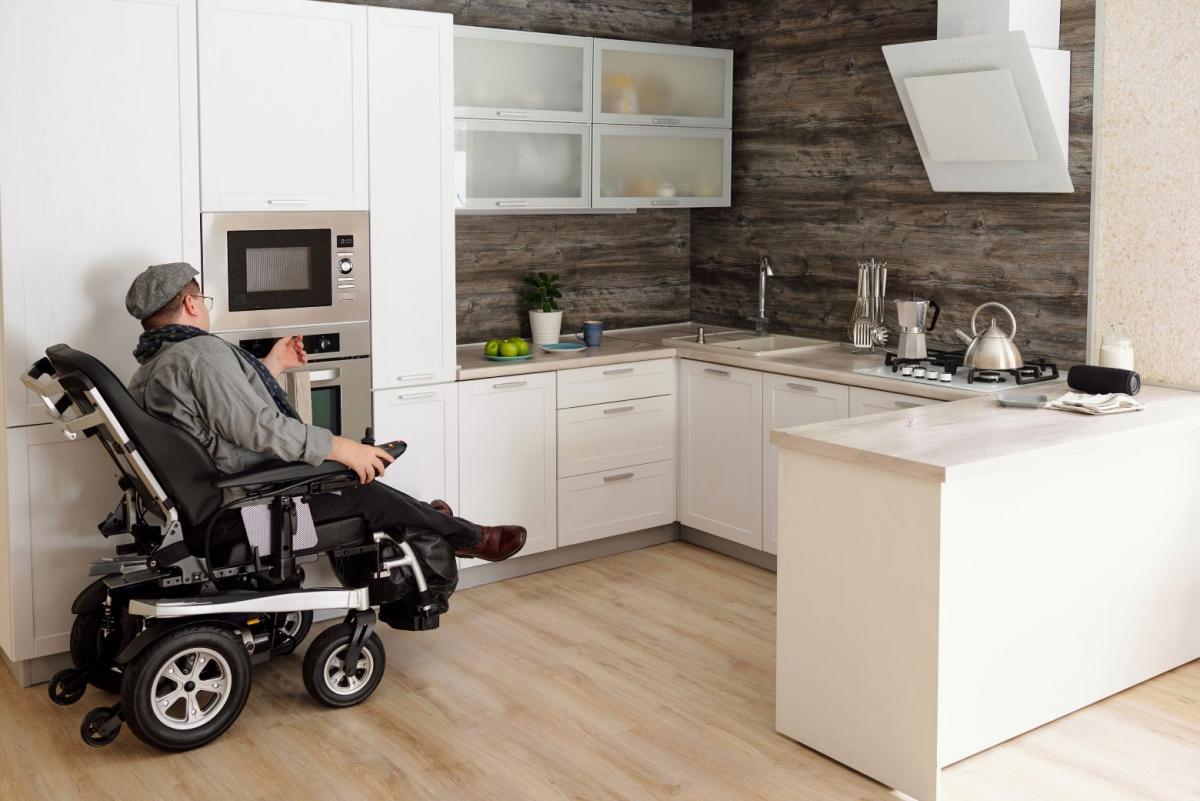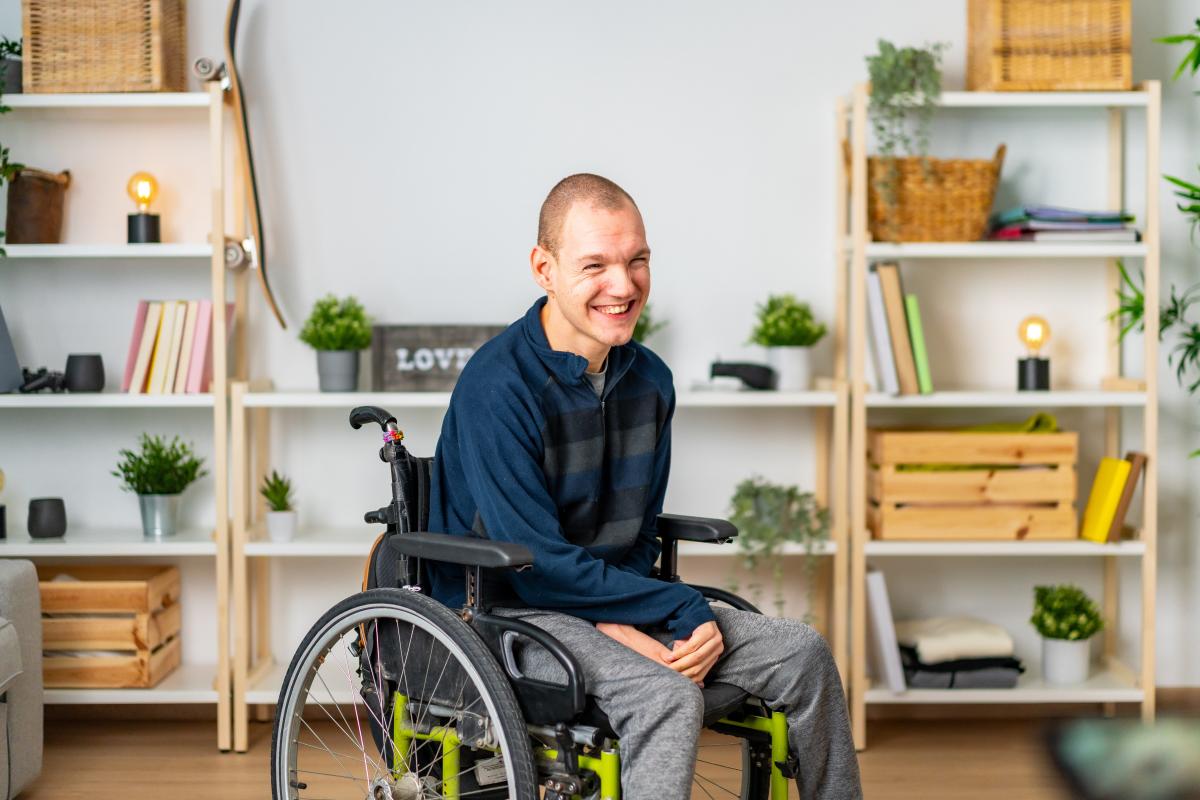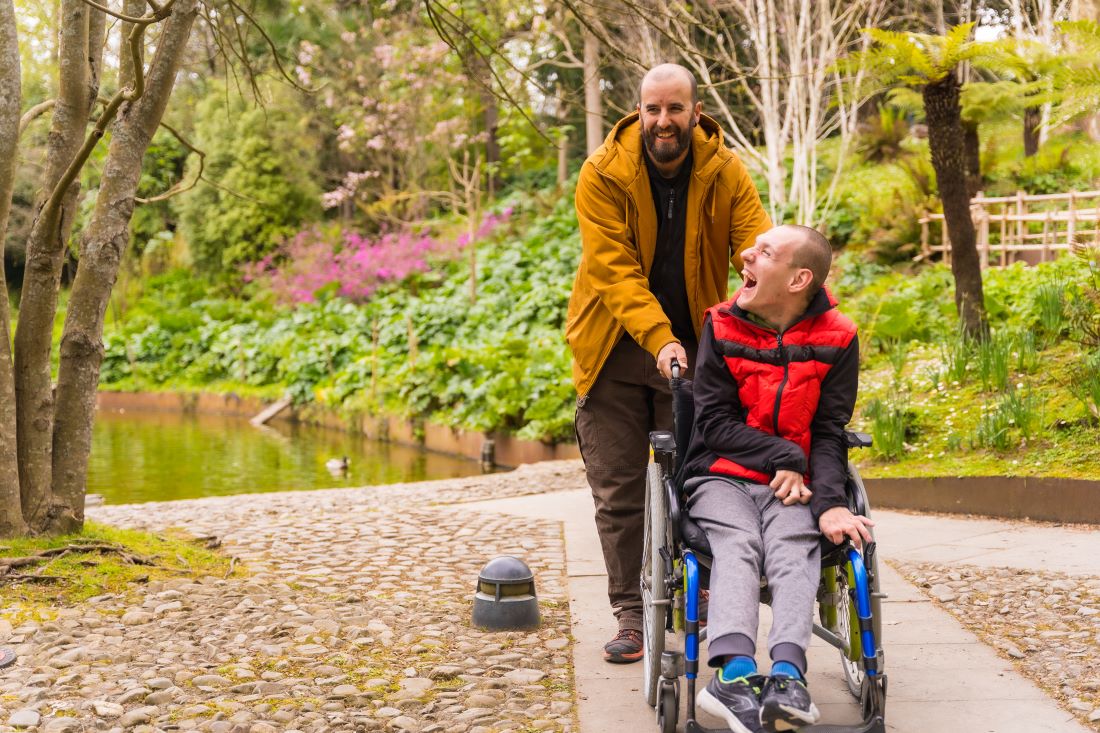
Welcome to the NDIS Acquired Brain Injury Series
If you have found your way to this page, it means you are interested in learning more about acquired brain injury (ABI) and navigating the NDIS.
Our MyCareSpace NDIS Navigators have prepared a series of resources that unpack the topics frequently asked by people with acquired brain injury and their families who want to better understand how to use their NDIS funding to achieve their goals.
Each topic has a different theme and provides you with additional links and resources to further your learning. Starting off with an overview of acquired brain injury and the NDIS...
What is Acquired Brain Injury?
An acquired brain injury is the result of damage to the brain. It can be caused by:
- Trauma or injury to the head (referred to as a traumatic brain injury)
- Stroke
- Drugs, alcohol or poisons
- Lack of oxygen to the brain for an extended time (for example, a near-drowning)
- infection
- Tumour
- Neuro-degenerative conditions can impact the brain, such as:
- Parkinson's disease
- Alzheimer's disease or some other form of dementia
- ALS (amyotrophic lateral sclerosis)
As an acquired brain injury can occur in a variety of ways, brain damage can cause a range of different problems for individuals. An acquired brain injury may impact your capacity to engage in day-to-day activities in one way or another. Support needs may be minor, moderate or maximal.
Learn all about Acquired Brain Injury:
What is Acquired Brain Injury?
Accessing the NDIS with an Acquired Brain Injury
If you have a brain injury that has resulted in permanent functional impairment, you may be eligible to the NDIS. 3% of the 610,502 active participants in the NDIS have a primary disability of an acquired brain injury
When applying to the NDIS, evidence of having a brain injury will be required for your application. You must be able to demonstrate how your permanent impairment results in a lifelong disability for it to be funded by the NDIS.
Find out more about what you need to include in an NDIS application for an acquired brain injury:
Accessing the NDIS with an Acquired Brain Injury
Acquired Brain Injury and Assistive Technology
In some cases, people with an acquired brain injury demonstrate high support needs due the severe impact of their injury. This may result in a need for assistive technology.
Assistive technology that you can benefit from with an acquired brain injury includes:
- Mobility Devices such as a wheelchair
- Transfer Assistive Technology such as hoists and slings
- Bedroom Assistive Technology such as adjustable beds and pressure mattresses
- Bathroom Assistive Technology such as shower commodes and toilet equipment
- Living and Dining Assistive Technology such as seating and special trays
- Kitchen Assistive Technology such as tools to help you cut and prepare food
Find out more about how you can benefit from assistive technology:
Acquired Brain Injury and Assistive Technology in the NDIS
Supported Independent Living and Acquired Brain Injury
Supported Independent Living (SIL) is the support or supervision of daily tasks by paid support workers to help you to live as independently as possible. The support you receive through SIL relates directly to your support needs in the home. SIL support typically involves daytime and overnight support which is provided individually (1:1) or shared (1:2, 1:3, 1:4 etc)
Depending on your needs, SIL may include the following supports:
- Assistance with personal care, like showering, dressing and toileting
- Assistance with household tasks such as cleaning, preparing meals, washing clothes and cleaning
- Active overnight and/or sleepover support
- Assistance with complex medical needs
- Positive behaviour support management
- Assisting with administering medication and management of health needs related to your disability, such as bowel care, catheter, epilepsy, asthma and tube feeding
Learn all about how SIL can help you, high physcial support needs, ratio's of support etc here:
Supported Independent Living and Acquired Brain Injury
How to Get Funding for Supported Independent Living (SIL)
So you now know how SIL is funded in your NDIS plan, but how do you get approved for funding for SIL?
This resource contains helpful easy to understand information on the following topics to help you in accessing the support you need:
- SIL Eligibility
- Is SIL Reasonable and Necessary?
- What do the NDIS consider when approving funding for Supported Independent Living (SIL)?
- What is a Functional Capacity Assessment?
- How does a Functional Capacity Assessment for SIL differ to a standard Functional Capacity Assessment?
- How can I get a Functional Capacity Assessment for Supported Independent Living (SIL)?
- How do I submit a request for SIL to the NDIS?
Find answers to these frequently asked questions here:
How to Get Funding for Supported Independent Living (SIL)
How to maximise your SIL funding with an Acquired Brain Injury
A recurring question the MyCareSpace team are asked is "how do I make the most of my NDIS funding?". There is often confusion about what will and won't be funded, what is considered reasonable and necessary for the NDIS to fund, and what is considered a personal expense. These lines in particular can be blurred when in-home supports are involved, such as SIL.
To make the most of your funding, it is important to understand how funding is allocated in your NDIS plan and what services and supports this funding can be used for.
The MyCareSpace team are frequently asked the following questions related to SIL:
- Does SIL include accommodation?
- Does SIL include groceries and other day-to-day expenses?
- What happens to SIL if I am in hospital?
- Is staff training required for Acquired Brain Injury in the NDIS?
- Does SIL = shared supports?
- Will I receive SIL if I don’t need support all of the time?
This resource answers all of these questions to help you maximise your NDIS funding:
How to maximise your SIL funding with an Acquired Brain Injury
How do I find a SIL provider?
When SIL is approved in your plan, you will be provided with a sum of funding for SIL in your Core Support budget.
You are not automatically allocated to a provider, and have choice and control over which provider you engage with for SIL.
The SIL provider you select will assist in preparing a roster of care, utilising the funding allocated in your plan to cater to your needs across your week.
Need help finding a SIL provider? Get in touch with our Connections Team for assistance to nagivate the NDIS and find a SIL provider in your area.
Find More Resources
MyCareSpace offers a range of resources across all topics involving the NDIS.
Review our Resource Library to learn more about how to make the most of your NDIS funding: MyCareSpace Resources
Need help Navigating the NDIS?
The MyCareSpace Connections Team can help you to navigate the NDIS and find NDIS supports that you need to achieve your goals.
NDIS THERAPY FINDER - FREE SERVICE
LET US FIND YOU A SKILLED SUPPORT WORKER
